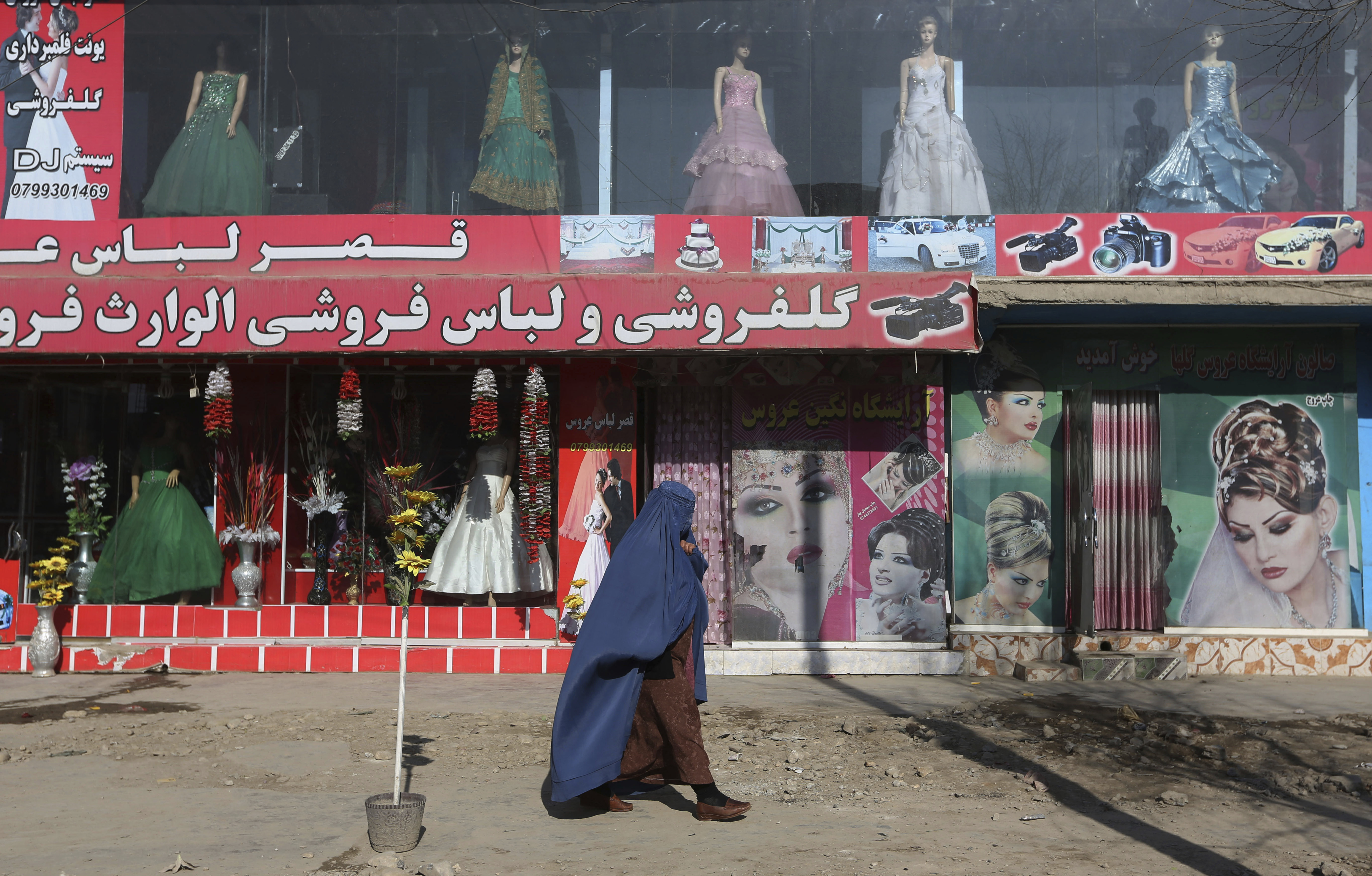
The Taliban on Monday rejected concerns and criticism raised by the United Nations over new vice and virtue laws that ban women in Afghanistan from baring their faces and speaking in public places.
Roza Otunbayeva, who heads the U.N. mission in the country, UNAMA, said Sunday that the laws provided a “distressing vision” for Afghanistan’s future. She said the laws extend the “ already intolerable restrictions ” on the rights of women and girls, with “even the sound of a female voice” outside the home apparently deemed a moral violation.
Watch NBC6 free wherever you are
>Zabihullah Mujahid, the main spokesman for the Taliban’s government, issued a statement warning against “arrogance” from those who he said may not be familiar with Islamic law, particularly non-Muslims who might express reservations or objections.
“We urge a thorough understanding of these laws and a respectful acknowledgment of Islamic values. To reject these laws without such understanding is, in our view, an expression of arrogance,” he said.
Get local news you need to know to start your day with NBC 6's News Headlines newsletter.
>Afghanistan’s Taliban rulers on Wednesday issued the country’s first set of laws to discourage vice and promote virtue. They include a requirement for a woman to conceal her face, body and voice outside the home. They also ban images of living beings, such as photographs.
“After decades of war and in the midst of a terrible humanitarian crisis, the Afghan people deserve much better than being threatened or jailed if they happen to be late for prayers, glance at a member of the opposite sex who is not a family member, or possess a photo of a loved one,” Otunbayeva said.
In response to the UNAMA statement, Mujahid added, “We must stress that the concerns raised by various parties will not sway the Islamic Emirate from its commitment to upholding and enforcing Islamic law."
In rare public criticism of Afghanistan's rulers, the Japanese Embassy in Kabul expressed its deep concern about the continuing restrictions on women and girls as announced in the laws.
The embassy said Monday on the social platform X that it would keep urging authorities to “listen to the voice of Afghan women and girls for education, employment, and freedom of movement” for the future of the country.



